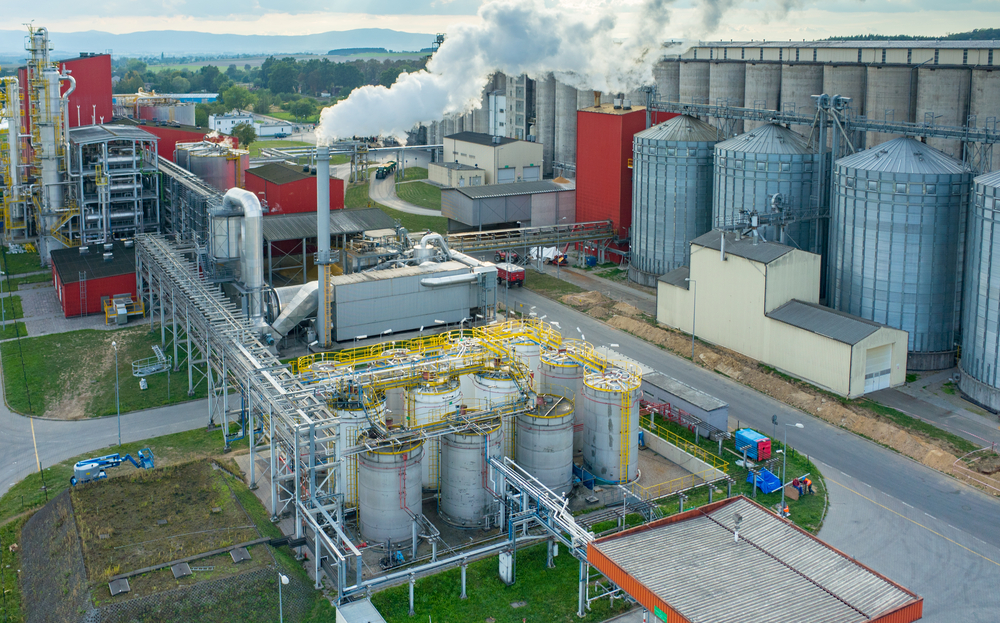
1 The EU is the world’s largest producer of biodiesel
So far, the EU’s bioenergy industry mainly includes biodiesel, biofuel ethanol and biogas. Among them, biodiesel ranks first. In 2006, 2007 and 2008, the total consumption of transport fuel in the EU was equivalent to 293.09 million, 297.89 million tons and 30.27 million tons of crude oil. Among them, the three years of bio-transport fuel consumption are equivalent to 6.03 million tons of crude oil (including 4.16 million tons of biodiesel and 950,000 tons of bioethanol), 7.43 million tons (including 5.46 million tons of biodiesel and bioethanol 135). 10,000 t) and 8.12 million tons (containing 6 million tons of biodiesel and 1.7 million tons of bioethanol), biofuels accounted for 2.06%, 2.49% and 2.68% of total EU transport fuel consumption, respectively. In terms of varieties, biodiesel, biofuel ethanol and pure vegetable oil accounted for about 75%, 20% and 5% of the EU’s bio-transport fuel consumption, respectively.
2 EU is the main consumer area of biodiesel
According to the “Kyoto Protocol”, the EU will reduce CO2 emissions by 8% between 2008 and 2012. Biodiesel emits about 50% less CO2 than mineral diesel. To this end, the European Union has made biofuels a major alternative energy source and has developed the EU Biofuels Strategy. The proportion of planned biofuels in total fuel will increase from 2% in 2005 to 5.75% in 2010; by 2030, Fuel will account for 25% of the transportation industry’s fuel. In line with the expansion of biodiesel production, the EU has issued two new directives to promote its market sales, requiring EU countries to reduce biodiesel tax rates; starting in 2009, mandatory biofuel blending into vehicle fuels, blending The input is at least 1%, and it is planned to make the market share of biodiesel reach 12% by 2020. These measures have effectively promoted the commercialization of biodiesel.
Strong market demand has driven EU member states to actively invest in the development of biodiesel. According to the latest information from the EU, there are currently 153 biodiesel production plants and another 58 processing plants are under construction. In 2006, 2007 and 2008, the EU’s biodiesel production capacity reached 6.25 million, 11.58 million tons and 15.3 million tons in 2009 and 2010 is expected to increase to 17.9 million tons and 19.5 million tons respectively. In the same year, the actual production of biodiesel in the EU was 4.52 million, 5.35 million tons and 5.7 million tons in 2009 and 2010 is expected to increase to 7.3 million tons and 8.6 million, respectively. In the same year, EU biodiesel consumption was 4.66 million, 6.1 million tons and 6.7 million tons respectively. In 2009 and 2010, it is expected to increase to 8.5 million tons and 10 million respectively. In the same year, the EU’s imports of biodiesel were 140,000, 750,000 tons and 1 million tons in 2009 and 2010 are expected to be 1.2 million tons and 1.4 million respectively.
Germany is Europe’s largest producer of biodiesel, and its raw materials are mainly rapeseed oil. At present, the area of special rapeseed for planting biodiesel in Germany has reached more than 1 million hm2. At the same time, Germany has eight biodiesel producers, and biodiesel has accounted for more than 60% of the German renewable energy market. The German government actively encourages the production and application of biodiesel and gives farmers a certain subsidy for planting rapeseed.
At the same time, Germany has more than 1,500 biodiesel filling stations. And since January 2004, the tax exemption policy for biodiesel has been exempted from biodiesel or diesel consumption tax mixed with ordinary petrochemical diesel. The mixed oil exemption amount is based on the proportion of biodiesel. This measure further promotes the production and use of biodiesel in Germany. At present, biodiesel has replaced ordinary diesel in Germany as a fuel for buses, taxis, and construction and agricultural machinery.
Since 2003, the French government has taken a series of positive measures to promote the development of bioenergy and encourage the use of bioenergy. For example, tax reductions or tax exemptions; car engines are designed with biodiesel engines, accounting for about 63% of French car ownership. This series of incentives has the potential to make France overtake Germany and become the largest producer of biodiesel in Europe.
Italy is a country with a large amount of imported energy, and the import volume is about 80% of the total energy demand. At present, the annual production capacity of biodiesel in Italy is 350,000 tons. The raw materials are mainly from rapeseed imported from France and Germany, and 1/5 of the raw materials are from soybean. Although the Italian government strongly supports the production of biodiesel, the government reduced the amount of biodiesel that enjoys tax reductions and exemptions from 300,000 tons to 200,000 per year in the 2005 budget bill. The reason is: on the one hand, it is restricted by biodiesel raw materials; on the other hand, it is to protect the interests of Italian farmers.